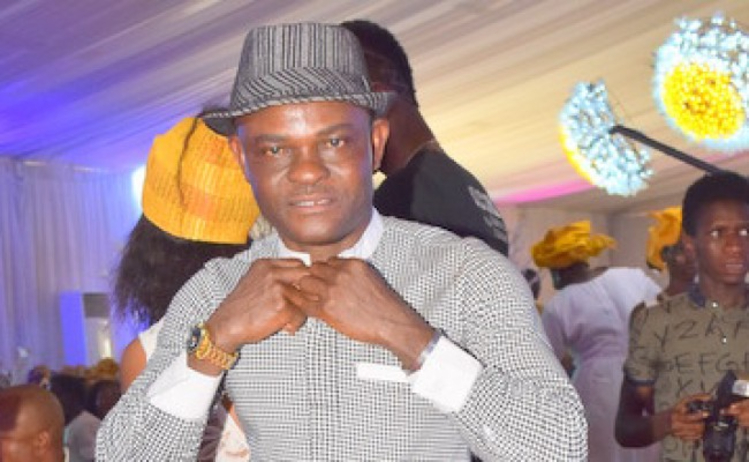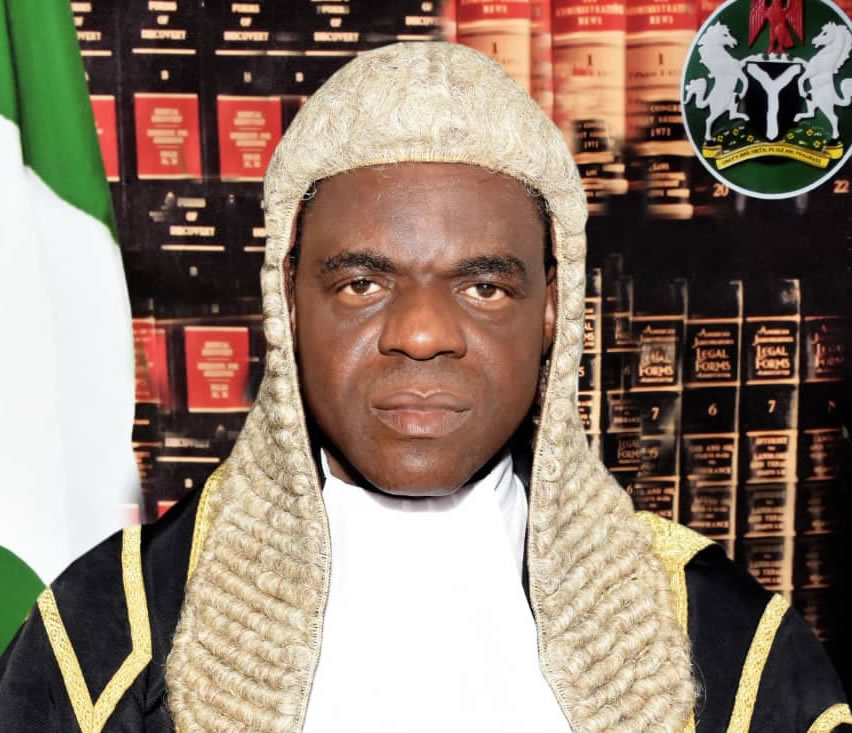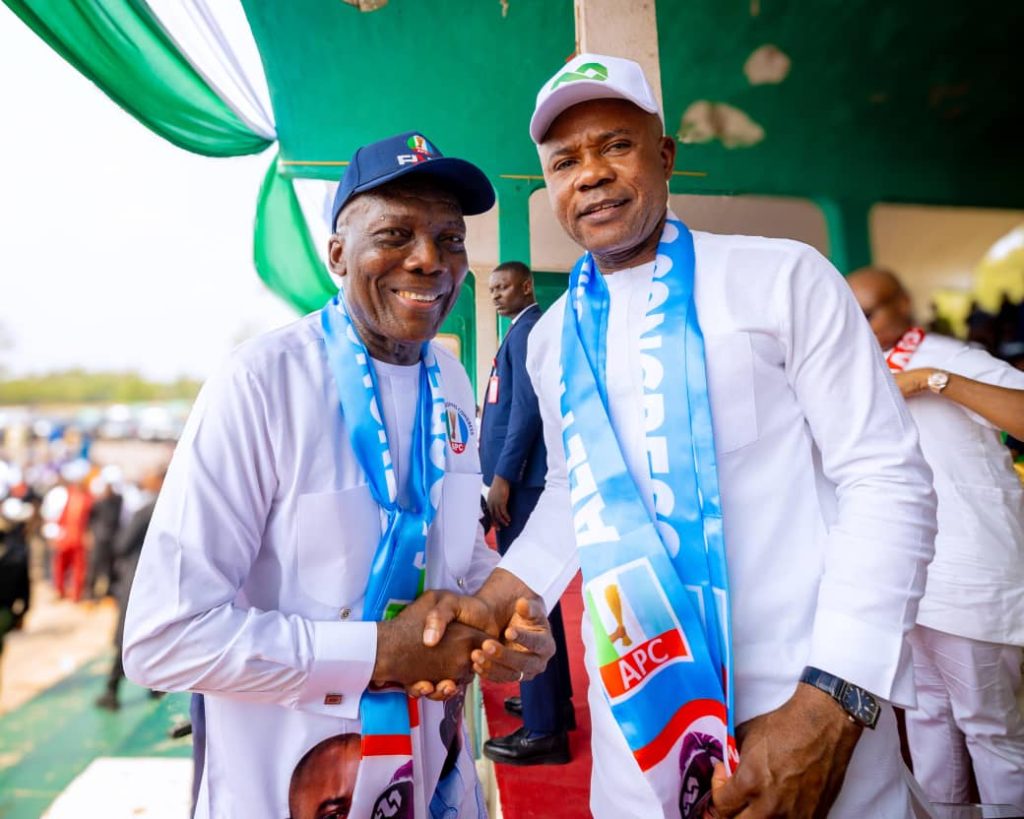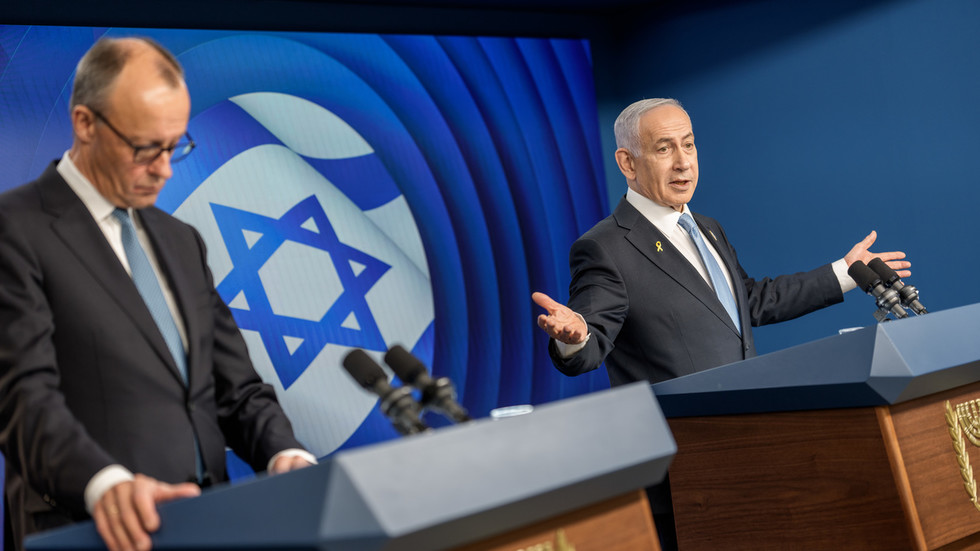A military court in the Democratic Republic of Congo (DRC) has launched a high-profile trial against former President Joseph Kabila, accusing him of treason and alleged ties to the M23 rebel group operating in the country’s volatile eastern regions. The proceedings, which opened in the capital Kinshasa’s Gombe district, proceeded without Kabila present, as the ex-leader remains abroad and faces charges in absentia.
Prosecutors detailed a sweeping list of accusations, including murder, torture, rape, and orchestrating a plot to destabilize the government. Central to the case is the claim that Kabila provided support to the M23, a militia linked to widespread violence and territorial seizures in the eastern DRC. The group has been accused by the United Nations and international observers of atrocities, exacerbating one of Africa’s longest-running conflicts. Kabila has repeatedly denied any connection to the rebels, calling the charges politically motivated.
The trial marks a dramatic escalation in the fraught relationship between Kabila and his successor, President Félix Tshisekedi. Kabila, who stepped down in 2019 after 18 years in power, initially backed Tshisekedi in a contentious election but later saw their alliance collapse. In 2020, Tshisekedi dissolved their coalition, sparking a political rift that drove Kabila to relocate to South Africa. Tensions reignited in May when the former president returned to the DRC and visited areas under M23 control, a move critics interpreted as a brazen show of alignment with the armed group. Shortly after, lawmakers revoked his immunity as a life senator—a status granted to former heads of state—clearing the way for legal action.
The case has captivated the nation, reflecting broader anxieties about political stability and accountability in a country grappling with decades of conflict. Eastern DRC, rich in minerals and mired in violence, remains a flashpoint for over 120 armed groups vying for control, with the M23 resurgence causing mass displacement and humanitarian crises. Observers note the trial’s symbolic weight, underscoring a rare attempt to hold a former leader accountable in a region where impunity often prevails.
Legal experts, however, caution that Kabila’s absence complicates proceedings, raising questions about the trial’s legitimacy and potential fallout. His supporters have dismissed the process as a “witch hunt,” while government officials argue it demonstrates a commitment to justice. The court adjourned hearings until July 31, leaving the public to await further developments. As the DRC navigates this pivotal moment, the outcome could reshape its political trajectory and influence international perceptions of its judiciary’s independence.



